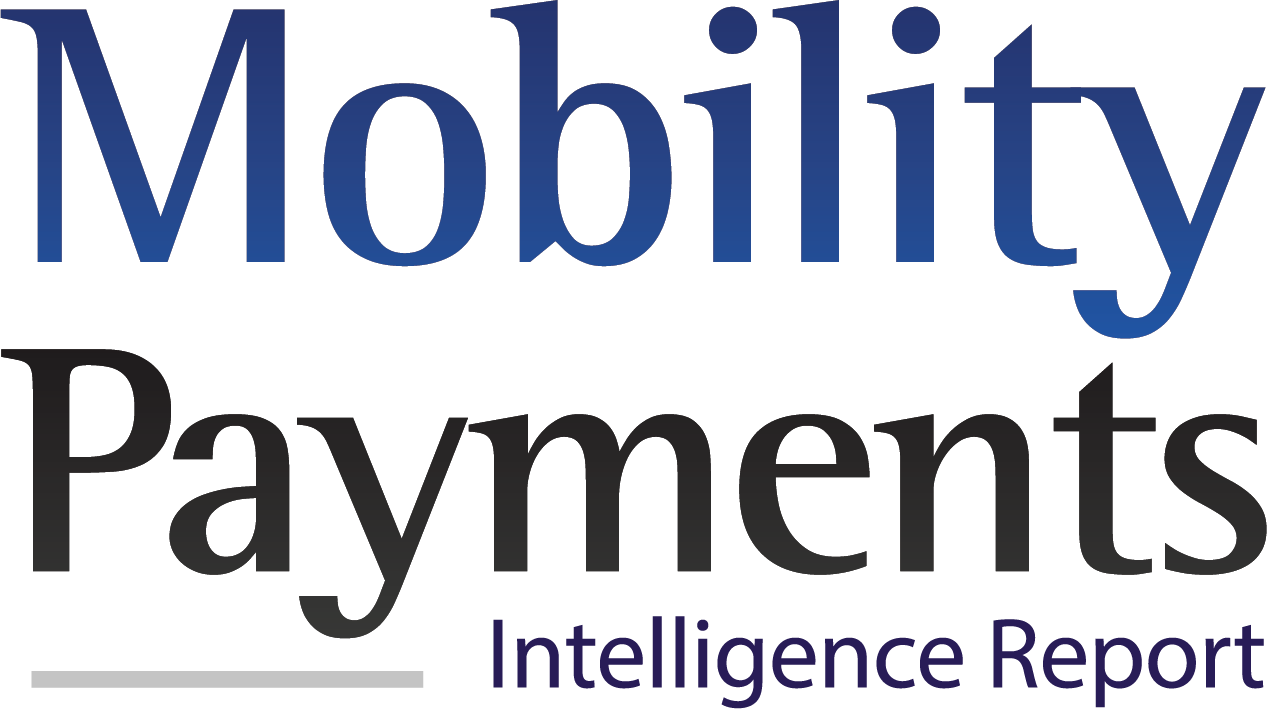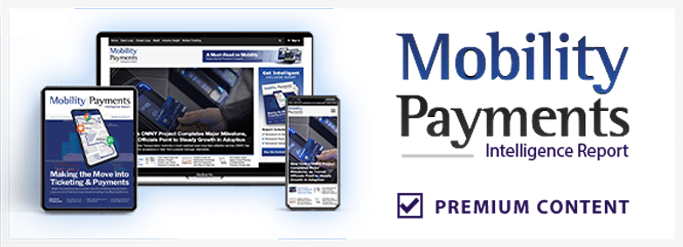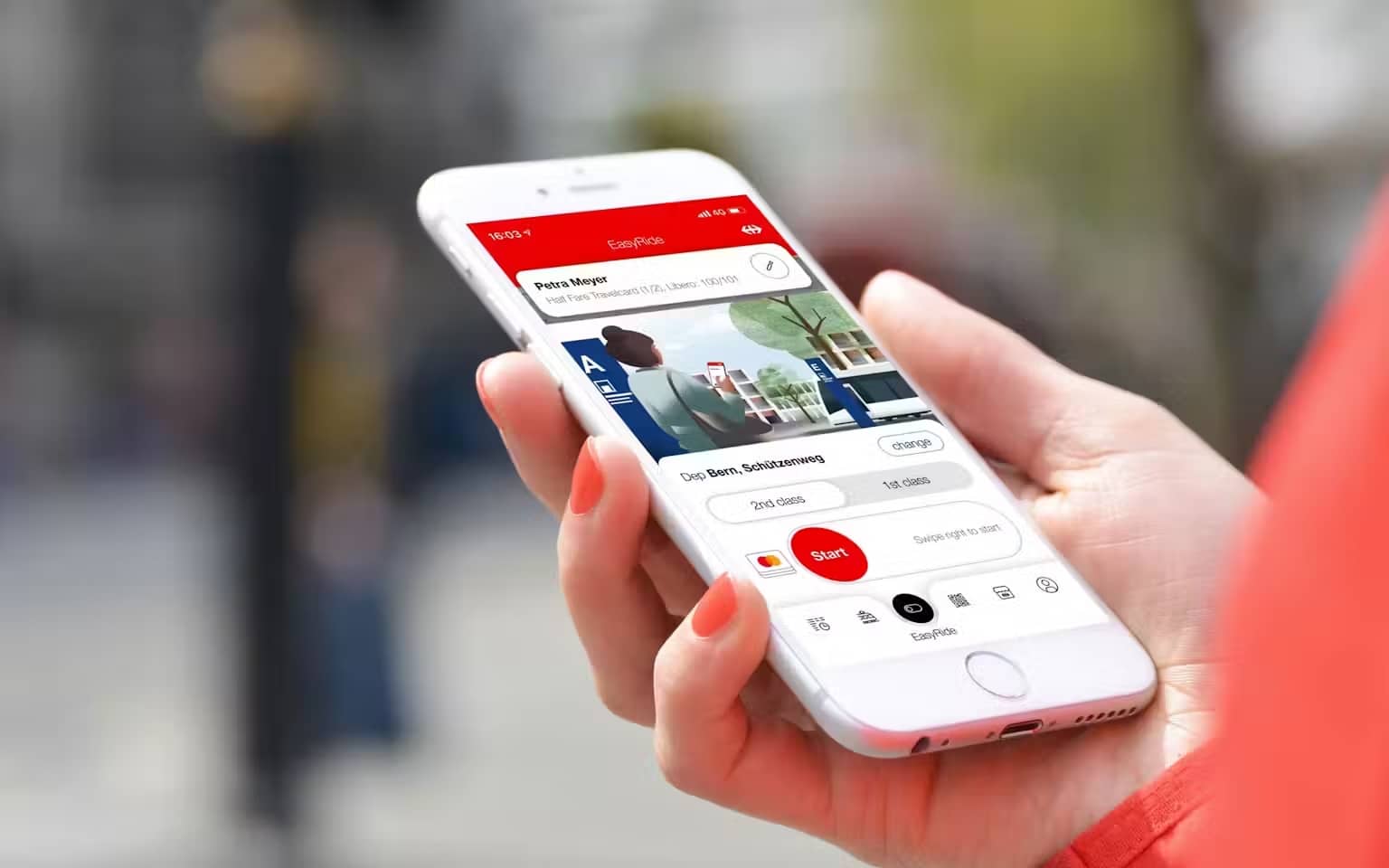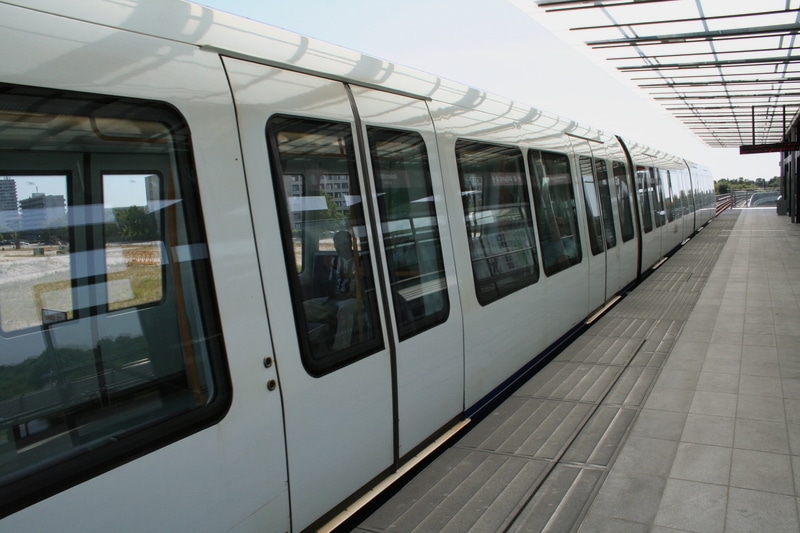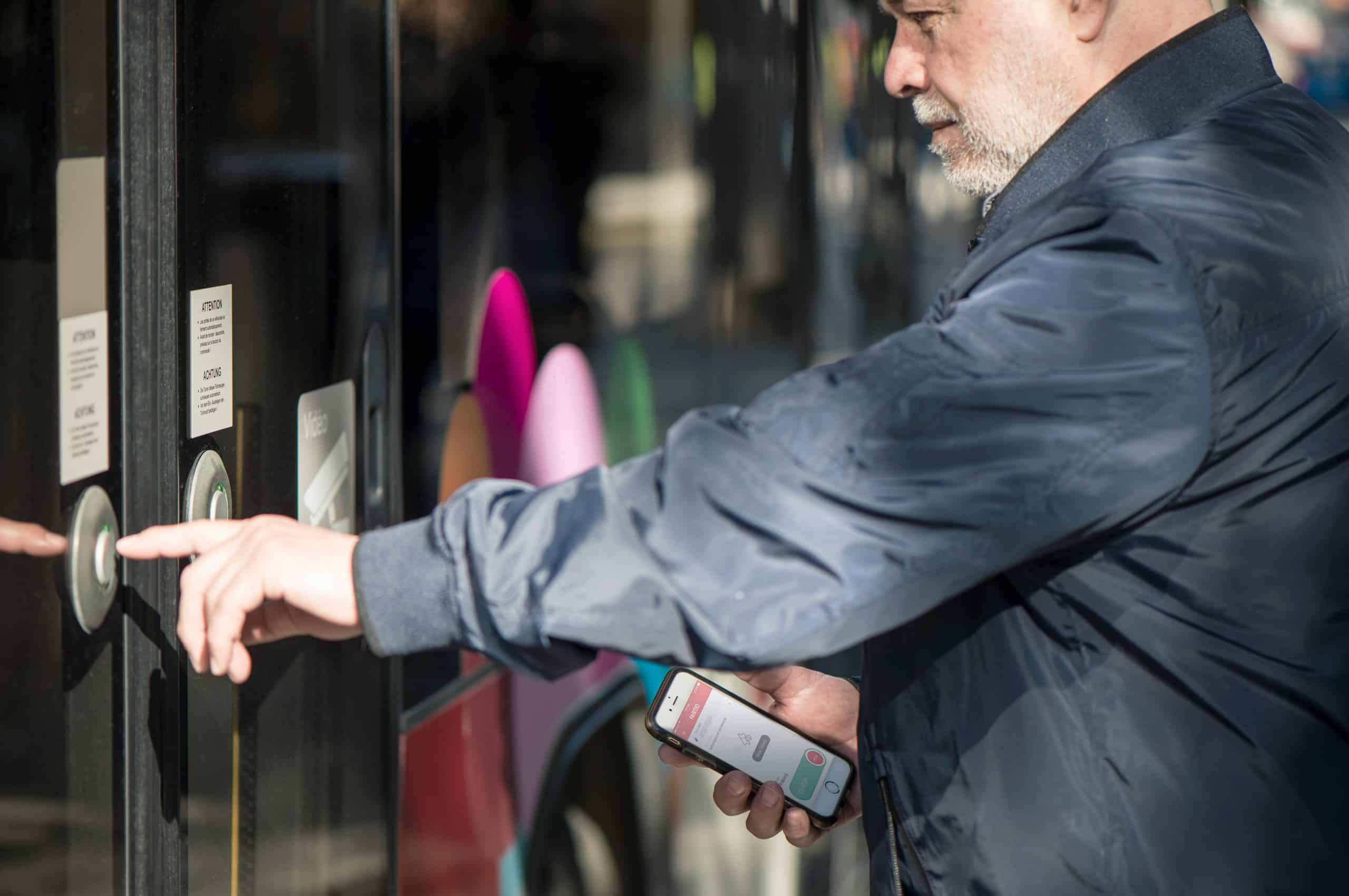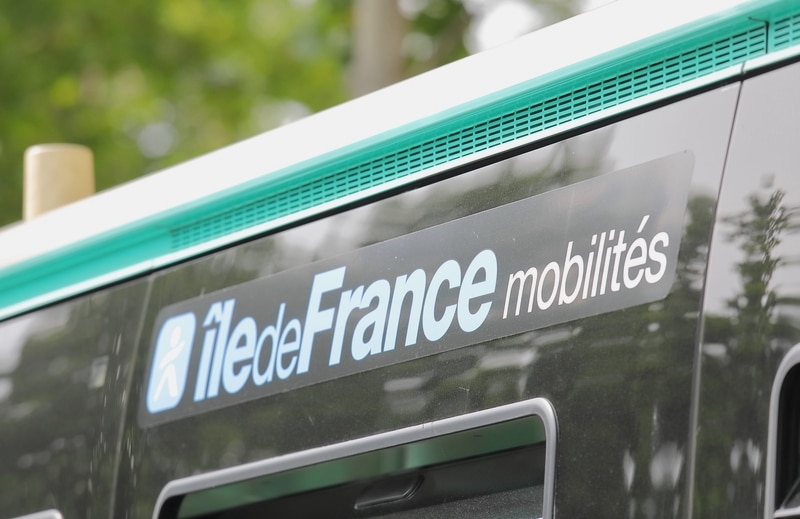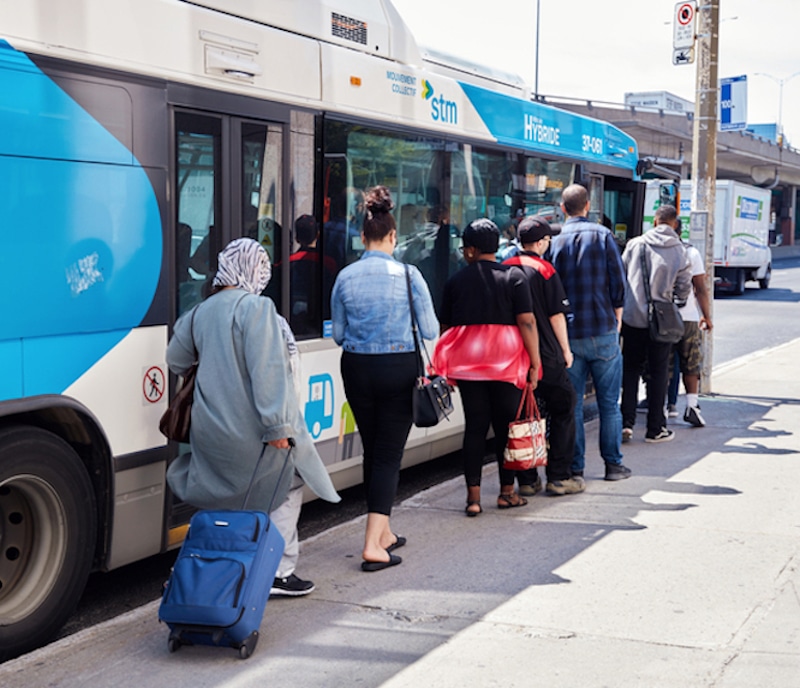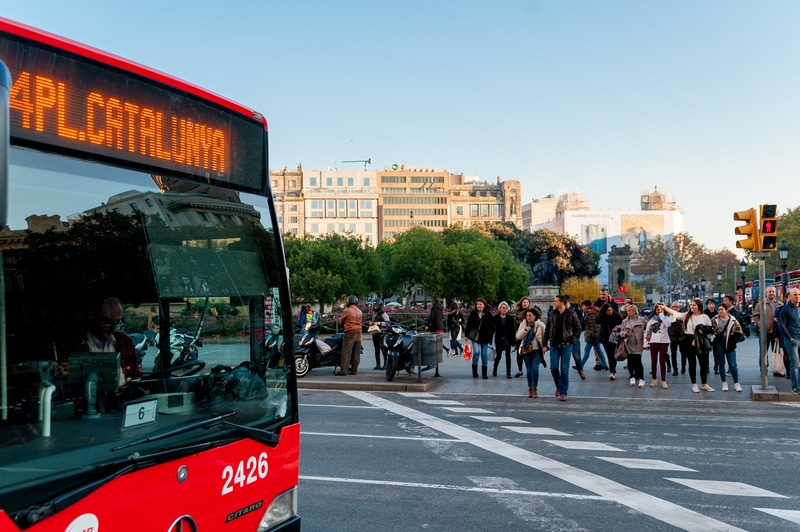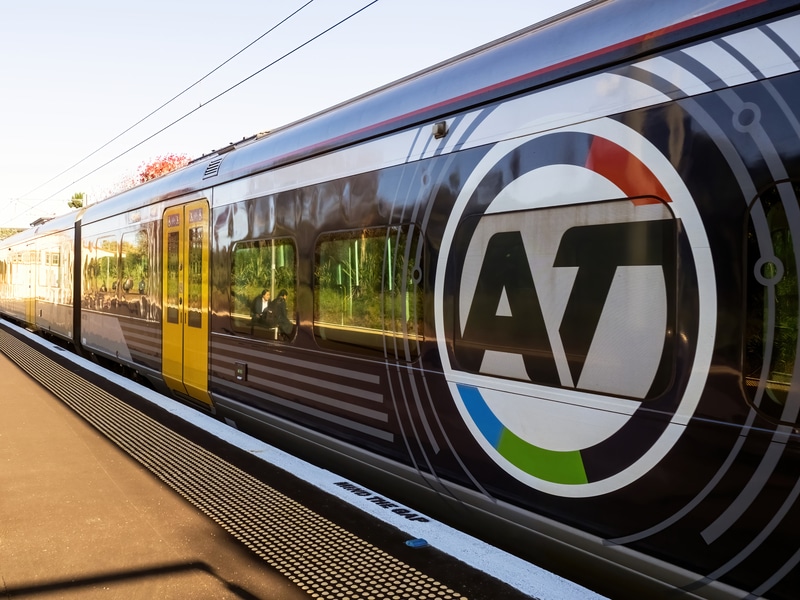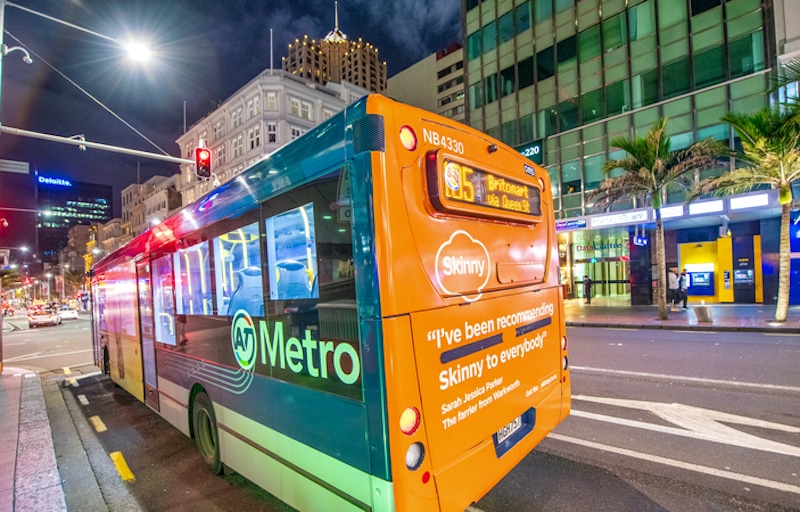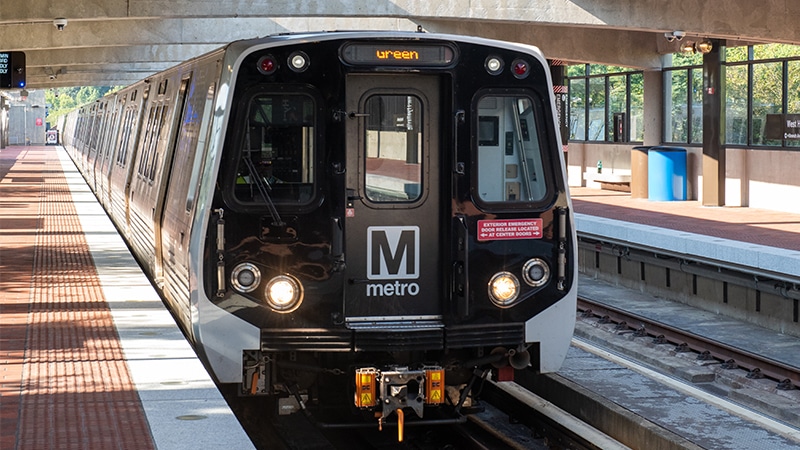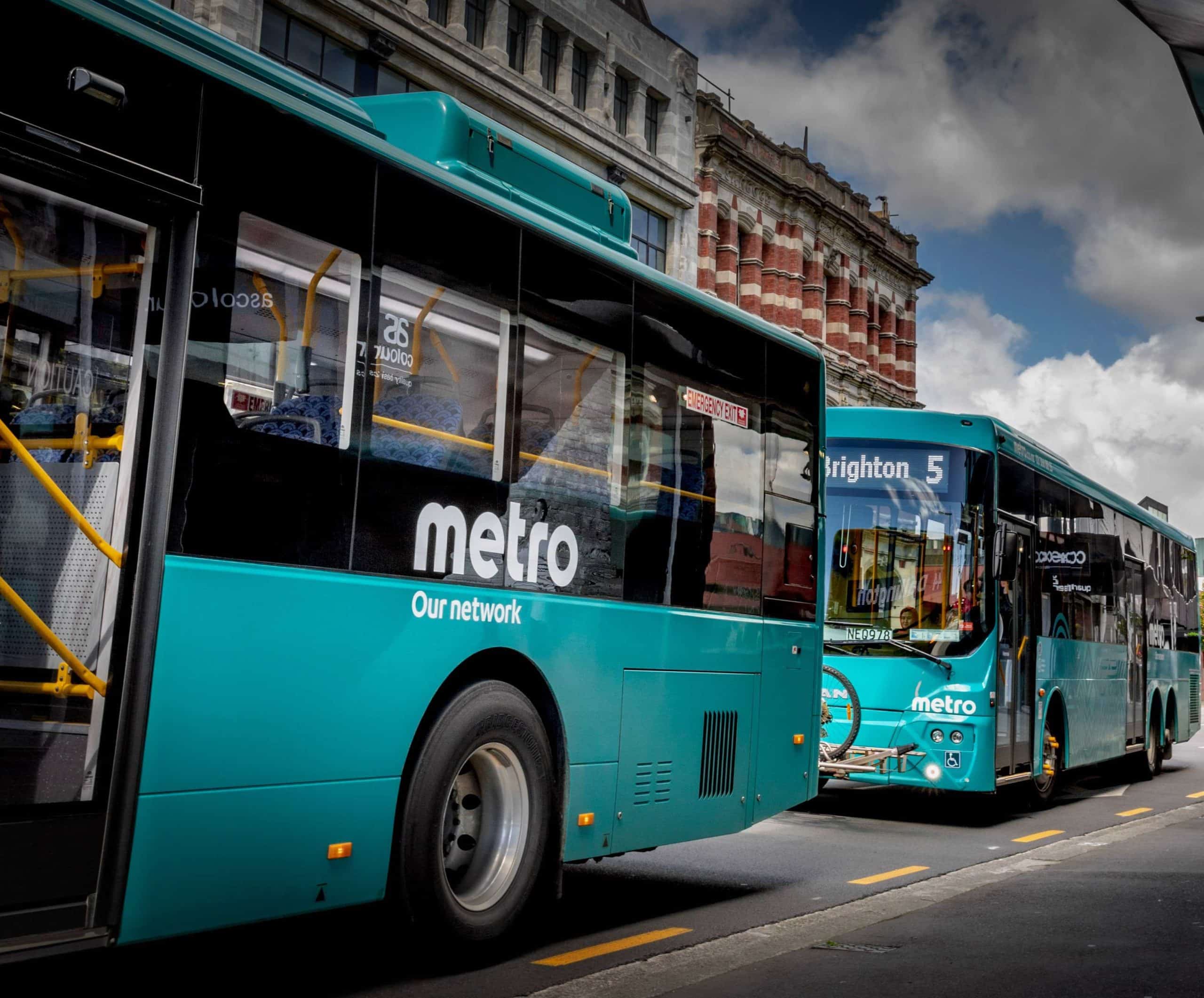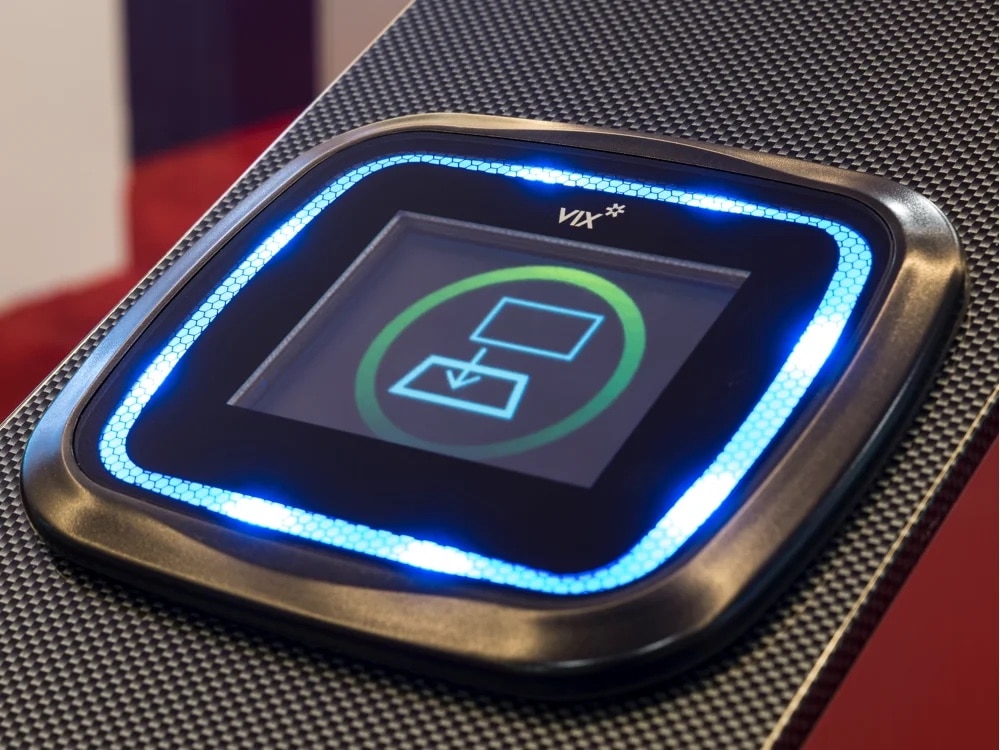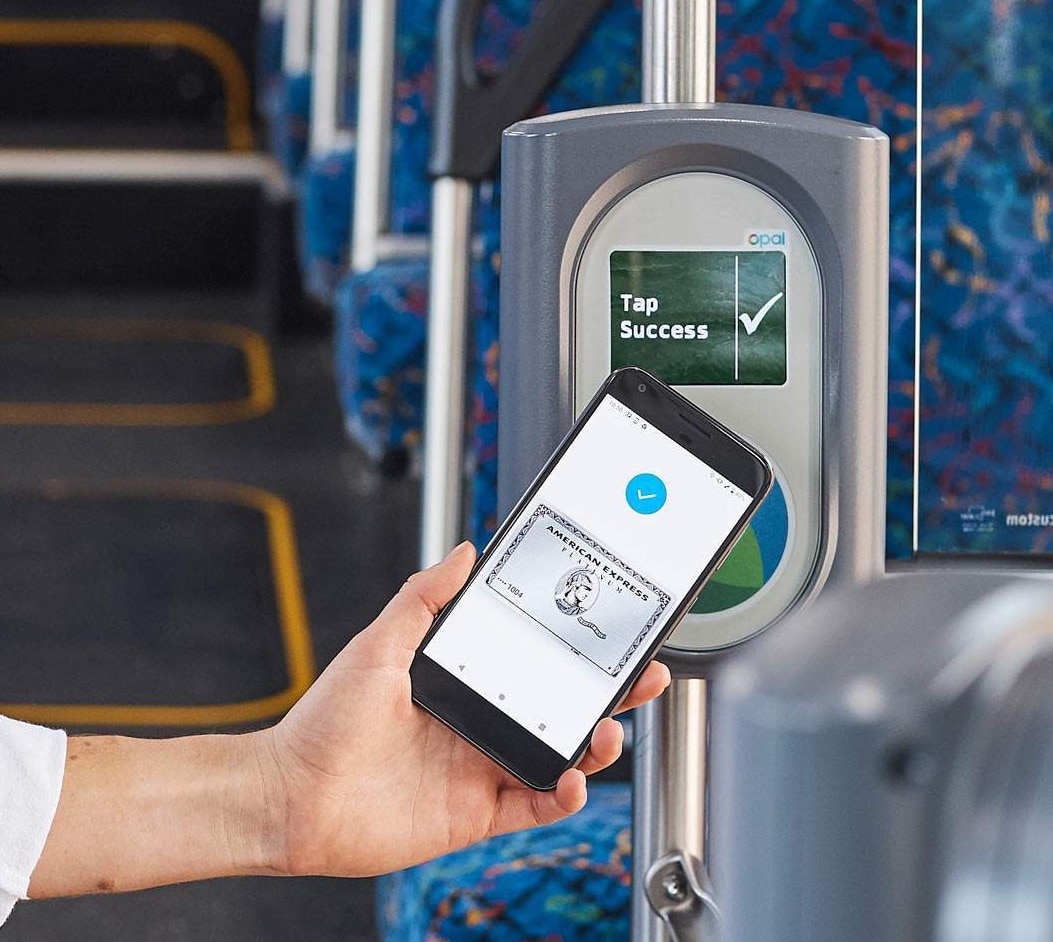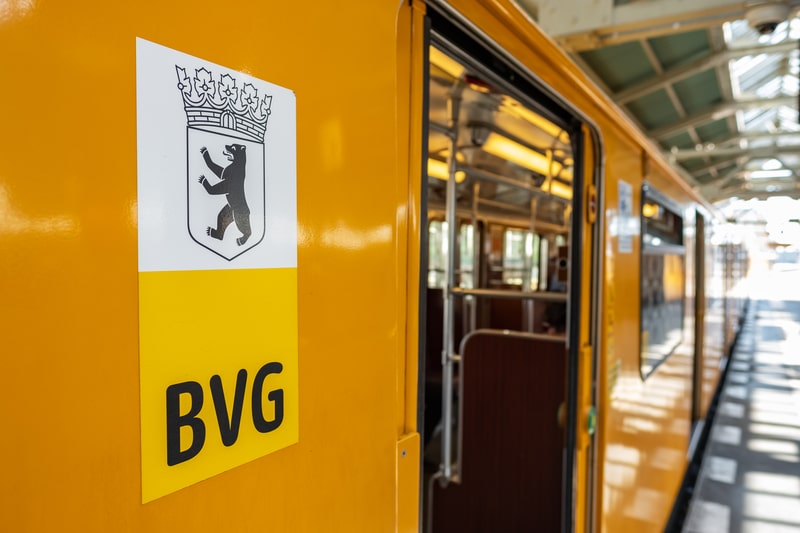
Article Highlights
Large German transit operator BVG plans to test check-in/check-out mobile-ticketing technology this year, one of the largest operators planning to do so. The Covid-19 pandemic is creating more demand for mobile-ticketing options, according to the company.
Check-in/check-out technology platform provider Fairtiq in September said it had seen total transactions increase from 200,000 per week in February to more than 500,000 per week as of September, as riders have sought what they consider to be more hygienic payments methods, as well as more pay-as-you-go options.
• BVG
• SWO (Osnabrück)
• Fairtiq
• Scheidt and Bachmann
BVG, Germany’s largest transit operator, still plans to launch a test of a check-in/check-out mobile-ticketing service this year, as it continues to experiment with new fare payments methods amid the Covid-19 pandemic.
